EXPERIENCED DUI LEGAL REPRESENTATION
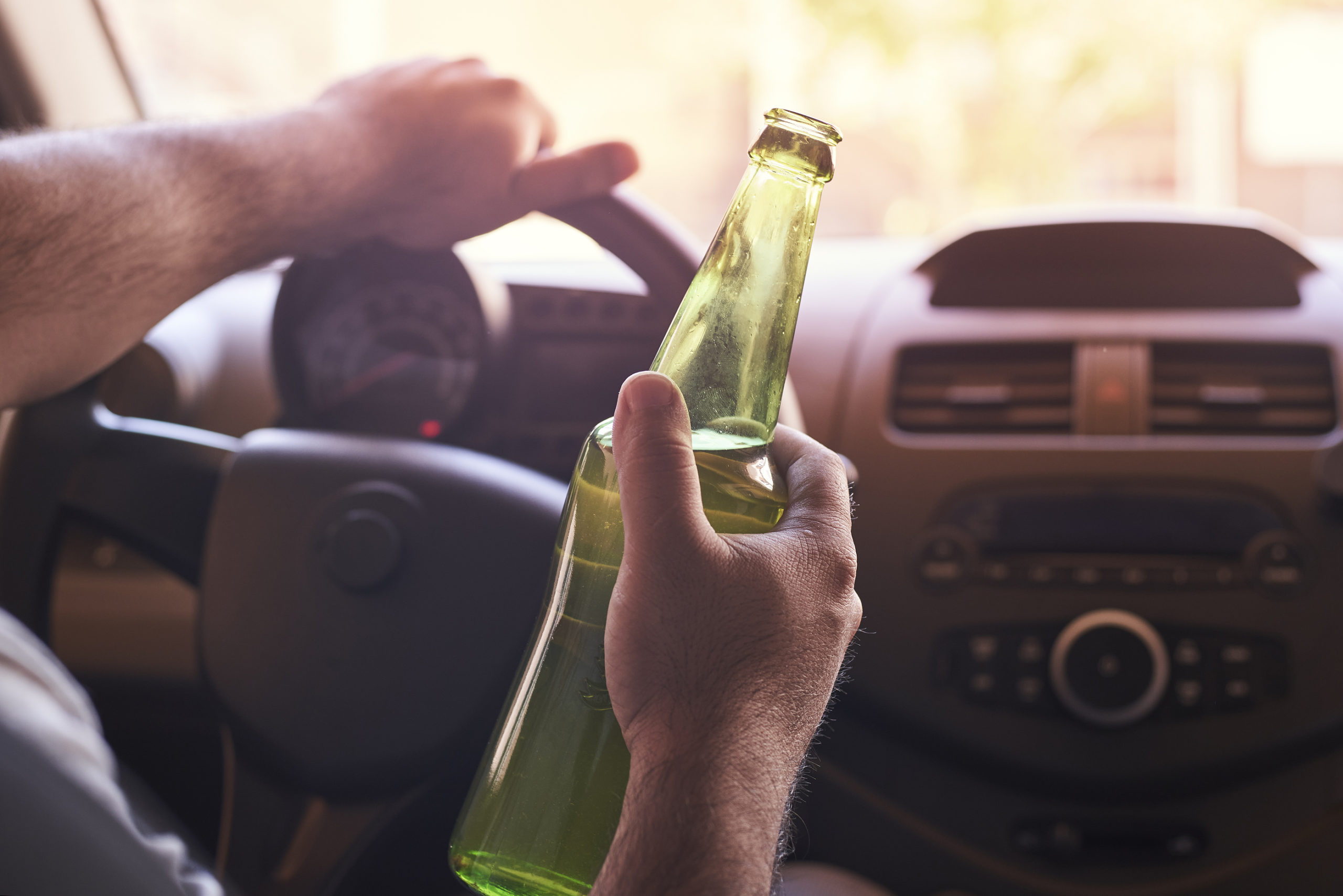
DUI DEFENSES IN ARIZONA
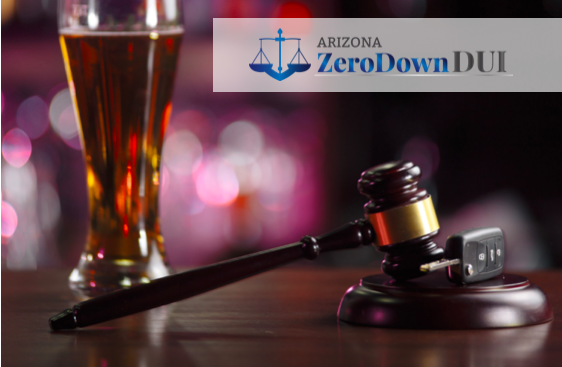
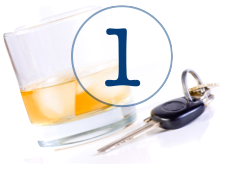 Lack of Reasonable Suspicion
Lack of Reasonable Suspicion
The U.S. Constitution protects you against unlawful searches and seizures. While the government has a strong interest in making sure drivers on the road aren’t drunk, this doesn’t give them unlimited authority to test any driver. A police officer must have reasonable suspicion to pull you over for DUI. However, there are plenty of driving behaviors that could give an officer adequate reasonable suspicion. Speeding or driving far below the limit, failing to obey traffic lights and signals, swerving, misuse of turn signals or headlights, sudden braking, etc., can all reasonably give an officer cause to believe you are under the influence. The defense here would be that the officer had no reason to believe you were intoxicated, so your constitutional rights were violated when the officer pulled you over.
Failure to Administer Miranda Warnings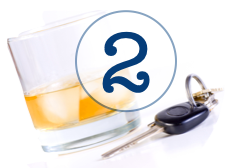
This defense may not be enough to get your charges dropped, but it can help you exclude incriminating evidence from your case. You’ve probably heard your Miranda rights on a crime show before- you have the right to remain silent, anything you say can and will be used against you in a court of law, and so on. If the police fail to read you these warnings, anything you say can’t be used against you in a court of law. Statements made to police after failure to administer Miranda warnings can be thrown out.
Improper Field Sobriety Testing Protocol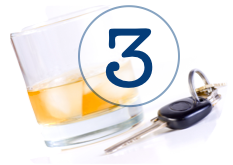
The three most common types of field sobriety tests are walking in a straight line, standing on one foot, and the horizontal gaze nystagmus. To conduct the horizontal gaze nystagmus test, the officer will shine a light in your eyes and watch your pupils as your gaze follows the light. There are plenty of factors that could cause a sober person to appear inebriated during field sobriety testing. Injuries, disabilities, uneven roads, high heels, inclement weather conditions, and more can all distort the results of these tests. The defendant may be able to avoid conviction by showing that the officer erroneously conducted field sobriety testing during the arrest.
Lack of Probable Cause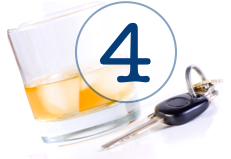
A police officer must have reasonable suspicion to pull you over for DUI, but must have probable cause to place you under arrest. The smell of alcohol, slurred speech, red eyes and skin, incoherence, and other behaviors may cause the police officer to administer field sobriety or breath testing. Failing these tests gives the officer a reason to breathalyze you. If your BAC is over the legal limit, the officer has probable cause to place you under arrest. If you didn’t display intoxicated mannerisms and passed sobriety testing, you may have a defense to your DUI charges based on lack of probable cause.
Medical Issues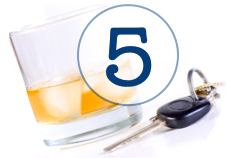
Some medical conditions can cause a driver to appear drunk when this is far from the truth. Some may cause faulty breathalyzer readings, while others may cause a driver to appear drunk due to slurred speech, drooping eyes, etc. Ketosis, a side effect of diabetes, can make a sober person smell like alcohol. If you have a similar medical condition, you can use this as a defense against your DUI in court.
Abuse in Sample Chain of Custody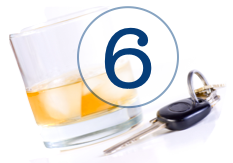
Part of your DUI arrest will involve testing your blood or urine to prove your intoxication. Police often make mistakes during this part of the DUI process. This can mean using an unlicensed lab, undue delays, contamination, failure to label, and more. If the police mishandled your alcohol sample, you may have a defense against your DUI charges.
Procedural Errors by the Police and Prosecution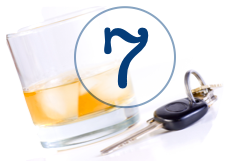
Will Your DUI Go to Trial?
While you may have a defense for your DUI charges, it may not be enough to get your charges dropped. An experienced criminal defense attorney can advise you whether or not it is worth going to trial based on the defenses available to you. If not, you may be able to use your defenses to leverage a plea bargain. This allows you to plead guilty to a lesser charge. Many DUI defendants in Arizona successfully negotiate down to reckless driving charges, which don’t carry automatic jail time. This process is, of course, greatly assisted by the representation of a knowledgeable and experienced attorney.





